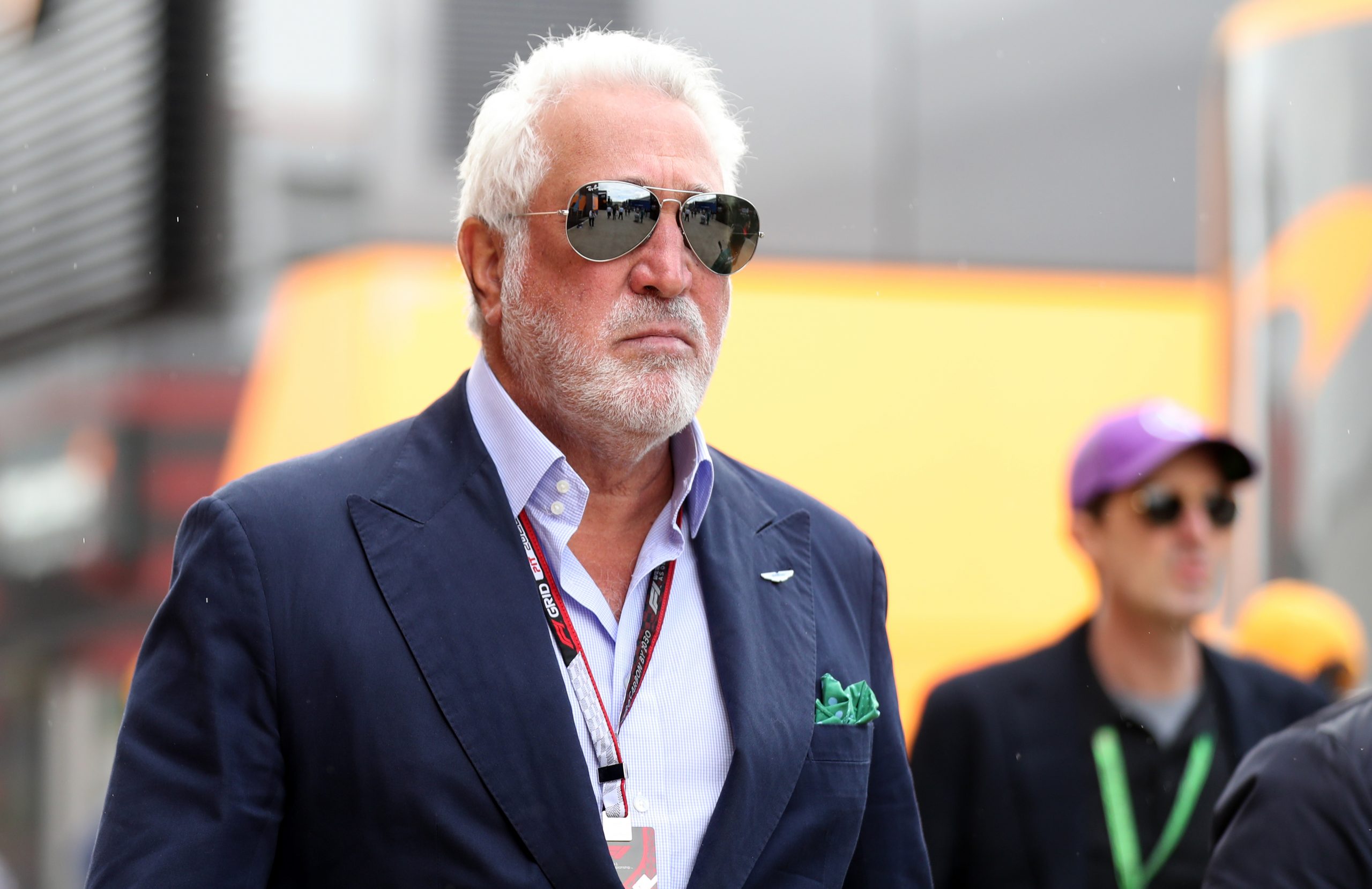Aston Martin has been forced to change its forecasts for the year as the firm continues to be dogged by supply chain issues.
The British marque says it will deliver fewer cars than expected this year as it cut its guidance for deliveries and profit margins.
Executive chairman, Lawrence Stroll, said issues including the semiconductor crisis had hit the planned delivery of more than 400 vehicles over the latest quarter.
The firm has also been heavily affected by the weakness of the pound in recent times.
Stroll added that the situation is ‘already improving’ but knocked the company’s short-term financial performance.
Aston Martin told investors that it now expects total wholesales of between 6,200 and 6,600, having previously projected at least 6,600 for the year.
The firm has conceded that the supply chain issues are having a ‘more prolonged’ impact on working capital than previously expected.
It said earning margins for the current year are also set to be weaker than previous guidance, as it also swallows the impact of the weak pound.
Stroll said: ‘On one hand, we have continued to see very impressive demand across our product range and the underlying fundamentals of Aston Martin are very strong.
‘On the other hand, and in the context of supply chain and logistics disruption as well as inflationary pressures impacting the broader automotive industry, over the last two quarters we have encountered specific supply chain challenges that have delayed our ability to meet customer demand.’

(PA Images: Lawrence Stroll)
The news comes as Aston Martin said pre-tax losses for the quarter to September more than doubled to £225.9m, compared with £97.9m over the same period last year.
Meanwhile, revenues increased by 33 per cent to £315.5m for the latest quarter.
It is hoped that investment from Saudi Arabia’s Public Investment fund will help ease some of the outfit’s financial worries.
The controversial state-owned group behind Newcastle United and the LIV Golf Tour has already backed a £653m investment plan in the luxury carmaker.
In September, the British firm also launched a £575m rights issue backed by PIF.


































